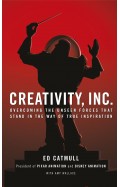- Home
- Books
- Categories
- Non Fiction
- Business & Management
- Management Skills
- Retail Therapy: Why The Retail Industry Is Broken – And What Can Be Done To Fix It
Retail Therapy: Why The Retail Industry Is Broken – And What Can Be Done To Fix It
By: Mark Pilkington
-
Rs 2,747.25
- Rs 4,995.00
- 45%
You save Rs 2,247.75.
Due to constant currency fluctuation, prices are subject to change with or without notice.
Almost weekly, the news is full of stories about disappearing retail chains. From House of Fraser and BHS to Toys'R'Us and Sears, recognised names are vanishing overnight - as such large organizations disappear, so the malls, shopping centres, high streets and main streets become emptier and less appealing to visit.
The retail sector is hugely important in terms of job numbers: in the US, it employs around 30 million people (directly and indirectly); in the UK, around 10 million. As such, anything that jeopardises the retail sector will have a deep and lasting impact on millions of lives, as well as on public policy. While many blame the 'Amazon effect', this is an oversimplification. Deeper forces are at work that are changing people's relationships with brands, the balance of power between producers and consumers, and the whole nature of the supply chain that has existed since the industrial revolution.
Retail Therapy offers a comprehensive analysis of these forces and their impact on the world of retailing. More importantly, it presents a cogent analysis of the longer term trends that are shaping retailing, and outlines a clear road map for sustainable success in the future.
Almost weekly, the news is full of stories about disappearing retail chains. From House of Fraser and BHS to Toys'R'Us and Sears, recognised names are vanishing overnight - as such large organizations disappear, so the malls, shopping centres, high streets and main streets become emptier and less appealing to visit.
The retail sector is hugely important in terms of job numbers: in the US, it employs around 30 million people (directly and indirectly); in the UK, around 10 million. As such, anything that jeopardises the retail sector will have a deep and lasting impact on millions of lives, as well as on public policy. While many blame the 'Amazon effect', this is an oversimplification. Deeper forces are at work that are changing people's relationships with brands, the balance of power between producers and consumers, and the whole nature of the supply chain that has existed since the industrial revolution.
Retail Therapy offers a comprehensive analysis of these forces and their impact on the world of retailing. More importantly, it presents a cogent analysis of the longer term trends that are shaping retailing, and outlines a clear road map for sustainable success in the future.
Retail Therapy: Why The Retail Industry Is Broken – And What Can Be Done To Fix It
By: Mark Pilkington
Rs 2,747.25 Rs 4,995.00 Ex Tax :Rs 2,747.25
Retail Recovery - How Creative Retailers Are Winning in Their Post-Apocalyptic World
By: Mark Pilkington
Rs 1,427.25 Rs 2,595.00 Ex Tax :Rs 1,427.25
Zubin Mehta: A Musical Journey (An Authorized Biography)
By: VOID - Bakhtiar K. Dadabhoy
Rs 472.50 Rs 1,050.00 Ex Tax :Rs 472.50
Email Revolution : Unleashing The Power To Connect
By: V. A. Shiva Ayyadurai
Rs 517.50 Rs 1,150.00 Ex Tax :Rs 517.50
Strategies for the Future Understanding International Business
By: Ajeet N. Mathur
Rs 1,317.25 Rs 2,395.00 Ex Tax :Rs 1,317.25
The Land of Enterprise A Business History of the United States
By: Benjamin C. Waterhouse
Rs 627.75 Rs 1,395.00 Ex Tax :Rs 627.75
The 4 Hour Work Week Escape The 9 5 Live Anywhere And Join The New Rich
By: Timothy Ferriss
Rs 2,695.50 Rs 2,995.00 Ex Tax :Rs 2,695.50
What They Dont Teach You at Harvard Business School: Notes from a StreetSmart Executive
By: Mark H. Mccormack
Rs 3,415.50 Rs 3,795.00 Ex Tax :Rs 3,415.50
The Lean Startup How Constant Innovation Creates Radically Successful Businesses
By: Eric Ries
Rs 3,415.50 Rs 3,795.00 Ex Tax :Rs 3,415.50
Great By Choice: Uncertainty Chaos And Luck Why Some Thrive Despite Them All
By: Jim Collins
Rs 5,395.50 Rs 5,995.00 Ex Tax :Rs 5,395.50
Like A Virgin Secrets They Wont Teach You at Business School - (PB)
By: Sir Richard Branson
Rs 762.75 Rs 1,695.00 Ex Tax :Rs 762.75
Creativity, Inc.: Overcoming the Unseen Forces That Stand in the Way of True Inspiration
By: Ed Catmull
Rs 3,595.50 Rs 3,995.00 Ex Tax :Rs 3,595.50
The Everything Store Jeff Bezos and the Age of Amazon
By: Brad Stone
Rs 1,231.75 Rs 1,895.00 Ex Tax :Rs 1,231.75
Email Revolution : Unleashing The Power To Connect
By: V. A. Shiva Ayyadurai
Rs 517.50 Rs 1,150.00 Ex Tax :Rs 517.50
Strategies for the Future Understanding International Business
By: Ajeet N. Mathur
Rs 1,317.25 Rs 2,395.00 Ex Tax :Rs 1,317.25
The Land of Enterprise A Business History of the United States
By: Benjamin C. Waterhouse
Rs 627.75 Rs 1,395.00 Ex Tax :Rs 627.75
No recently viewed books available at the moment.
Zubin Mehta: A Musical Journey (An Authorized Biography)
By: VOID - Bakhtiar K. Dadabhoy
Rs 472.50 Rs 1,050.00 Ex Tax :Rs 472.50
Retail Therapy: Why The Retail Industry Is Broken – And What Can Be Done To Fix It
By: Mark Pilkington
Rs 2,747.25 Rs 4,995.00 Ex Tax :Rs 2,747.25
Retail Recovery - How Creative Retailers Are Winning in Their Post-Apocalyptic World
By: Mark Pilkington
Rs 1,427.25 Rs 2,595.00 Ex Tax :Rs 1,427.25
Email Revolution : Unleashing The Power To Connect
By: V. A. Shiva Ayyadurai
Rs 517.50 Rs 1,150.00 Ex Tax :Rs 517.50
Strategies for the Future Understanding International Business
By: Ajeet N. Mathur
Rs 1,317.25 Rs 2,395.00 Ex Tax :Rs 1,317.25
The Land of Enterprise A Business History of the United States
By: Benjamin C. Waterhouse
Rs 627.75 Rs 1,395.00 Ex Tax :Rs 627.75












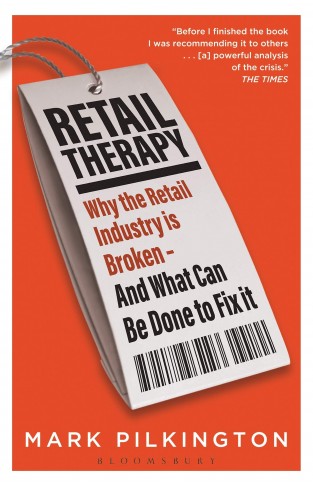
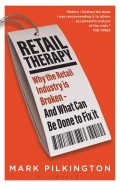
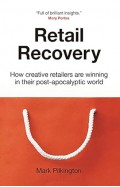
-120x187.jpg?q6)







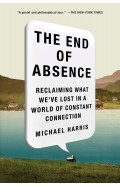

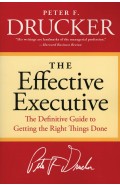
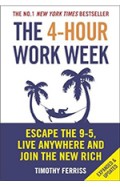
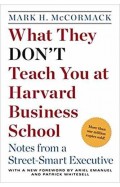
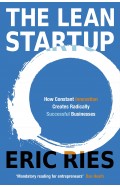

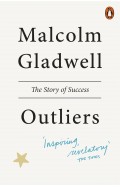
-120x187.jpg?q6)
